Lower threshold for casino winnings worries seniors
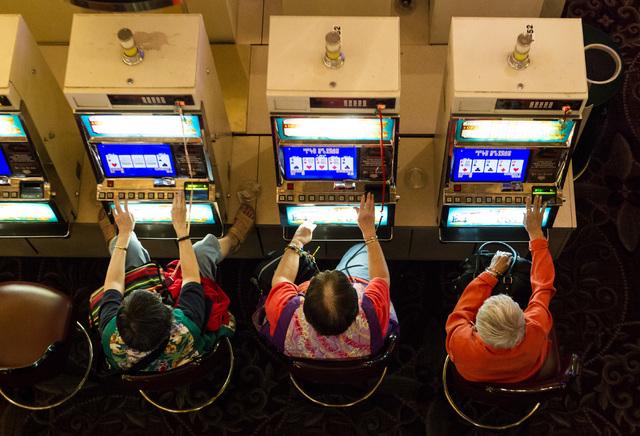

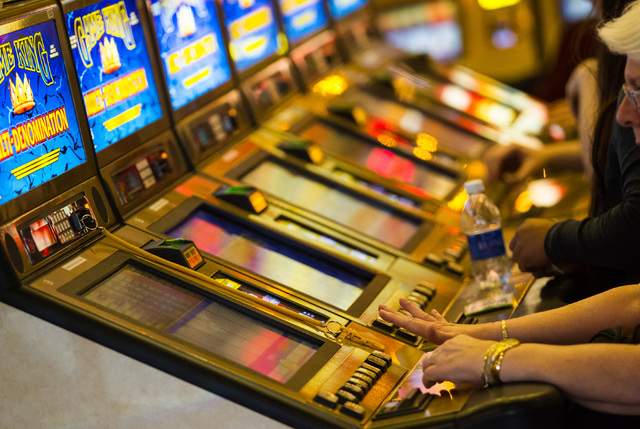
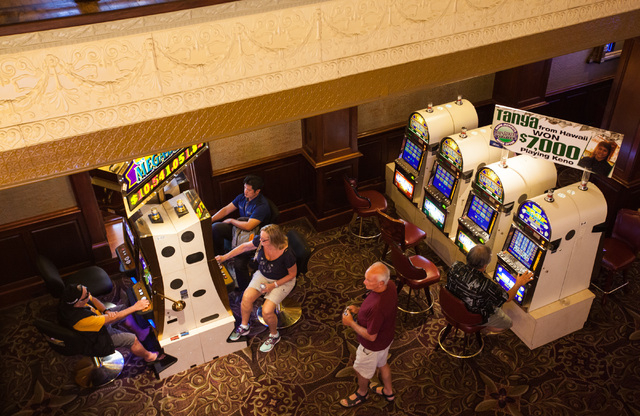


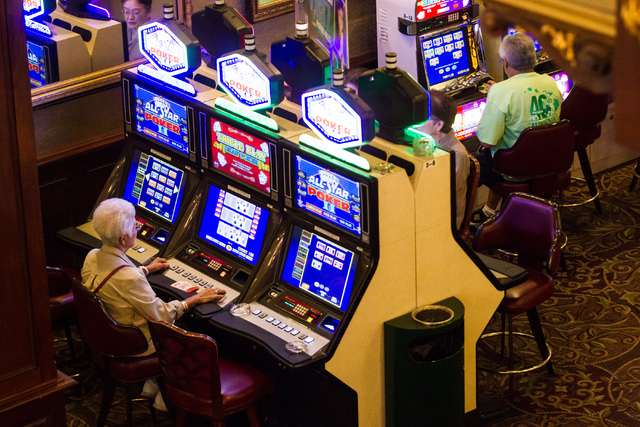


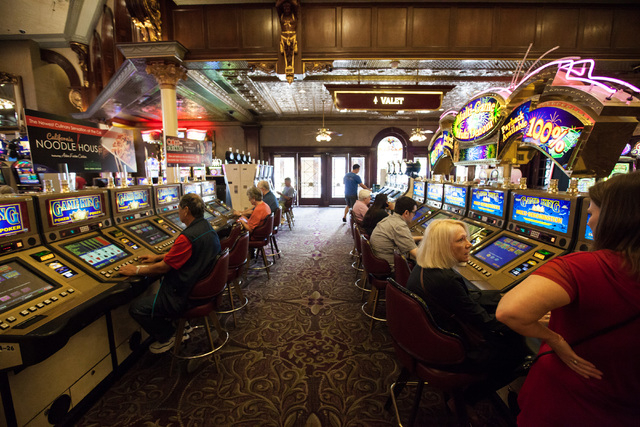
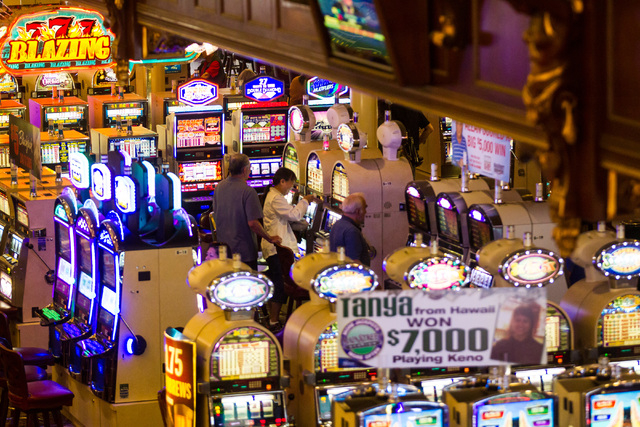
Peter Erickson worries a suggested move by the Internal Revenue Service to lower the reporting level for gambling winnings will change his casino habits.
It’s not that Erickson, who retired to south Florida 11 years ago, is considered a high roller.
A few times a week, he plays the slot machines at the Isle of Capri Casino in Pompano Beach or one of the properties owned by the Seminole Indian Tribe, such as the Seminole Coconut Creek or the Hard Rock near Fort Lauderdale.
However, reducing the reporting rules for winnings on slots, keno and bingo from $1,200 to $600, could hurt seniors like Erickson. For example, Medicare premiums increase based on adjusted gross income.
“This is before the federal deduction off-setting losses from winnings,” Erickson said in an email. “If the rules are changed to $600, more people will pay additional Medicare premiums. Seniors, who play more slots, are adversely affected.”
Erickson’s point is one of several issues being raised by the casino industry in opposition to the IRS proposal.
The agency announced the suggested rules change in March. A 90-day comment period for gaming companies and casino operators to offer input expires Tuesday.
This is one matter where the gaming world is in total agreement.
“It’s the whole industry and not just casinos, but suppliers and patrons as well,” said American Gaming Association Senior Vice President of Public Affairs Sara Rayme, who is overseeing the industry’s response through the Washington-based organization.
“Everyone is very engaged and very active,” Rayme said.
So far, more than 1,000 people from every state in the U.S. signed the AGA’s petition against the proposed changes. Another 2,000-plus have provided comments to the IRS directly.
Under current rules, when a player wins $1,200 or more on a slot machine, the game locks up and a customer fills out a W2-G form to report the winnings to the IRS. The process often takes a few minutes.
However, reducing the jackpot levels increases the number of reports. This will cause longer down time for slot machines. That means less revenue for casinos and a reduction in tax dollars for state and local governments.
The issue affects 40 states with land-based casinos, riverboat casinos, race track casinos, and Indian casinos.
Cory Morowitz of Morowitz Gaming Advisors told the Philadelphia Inquirer the proposal “will have real costs to the gaming industry.” Combined with declining slot revenue in many markets, he said the IRS was making matters worse.
The suggested change is a burden on players. Gambling industry expert Bob Dancer told the IRS that multi-denomination slot machines and cashless gaming technology created significantly more jackpots in the $600 to $1,199.99 range than in the $1,200-plus range.
The general manager of the SugarHouse Casino in Philadelphia told the Inquirer 1,700 players a month at the casino fill out IRS forms for $1,200 jackpots. The suggested changes would cause the number to jump to 10,000 players a month.
Jeffrey Compton, publisher of gaming industry news service CDC Gaming Reports, suggested changes aren’t targeting high-end gamblers as much as they are lower-end slot machine players.
For example, Compton said quarter video poker players would have to fill out the IRS forms when they hit a royal flush. Dollar video poker customers gambling on certain bonus games will fill out paperwork if they hit four aces. Even nickel slot machine players could be filling out W2-Gs.
In a commentary posted to the his website last week, he implored the casino industry to warn customers about the effect of the proposed IRS changes so they could voice their concerns.
“To put it bluntly — players, especially frequent experienced players (that is, the casino’s best customers) are going to be angry about this — and they will be especially angry when they realize that maybe they could have done something,” Compton wrote.
Rayme said the IRS proposal was a suggested change and the agency was only seeking comment. They’ve received an earful.
The issue was more complicated than anyone at the IRS realized. A notion that player tracking cards be used to record jackpot information was deemed a bad idea.
“The IRS was trying to be helpful by suggesting that technology would make things more efficient,” Rayme said. “What they didn’t realize was the cards were set up as customer loyalty programs to track spending habits. They weren’t set up to track wins and losses.”
The IRS will hold a hearing on the suggested changes June 17. Rayme said the AGA is interested in testifying.
There is also hope the IRS scratches the idea before it even reaches the hearing phase.
Howard Stutz’s Inside Gaming column appears Wednesdays and Sundays. He can be reached at hstutz@reviewjournal.com or 702-477-3871. Find on Twitter: @howardstutz.












